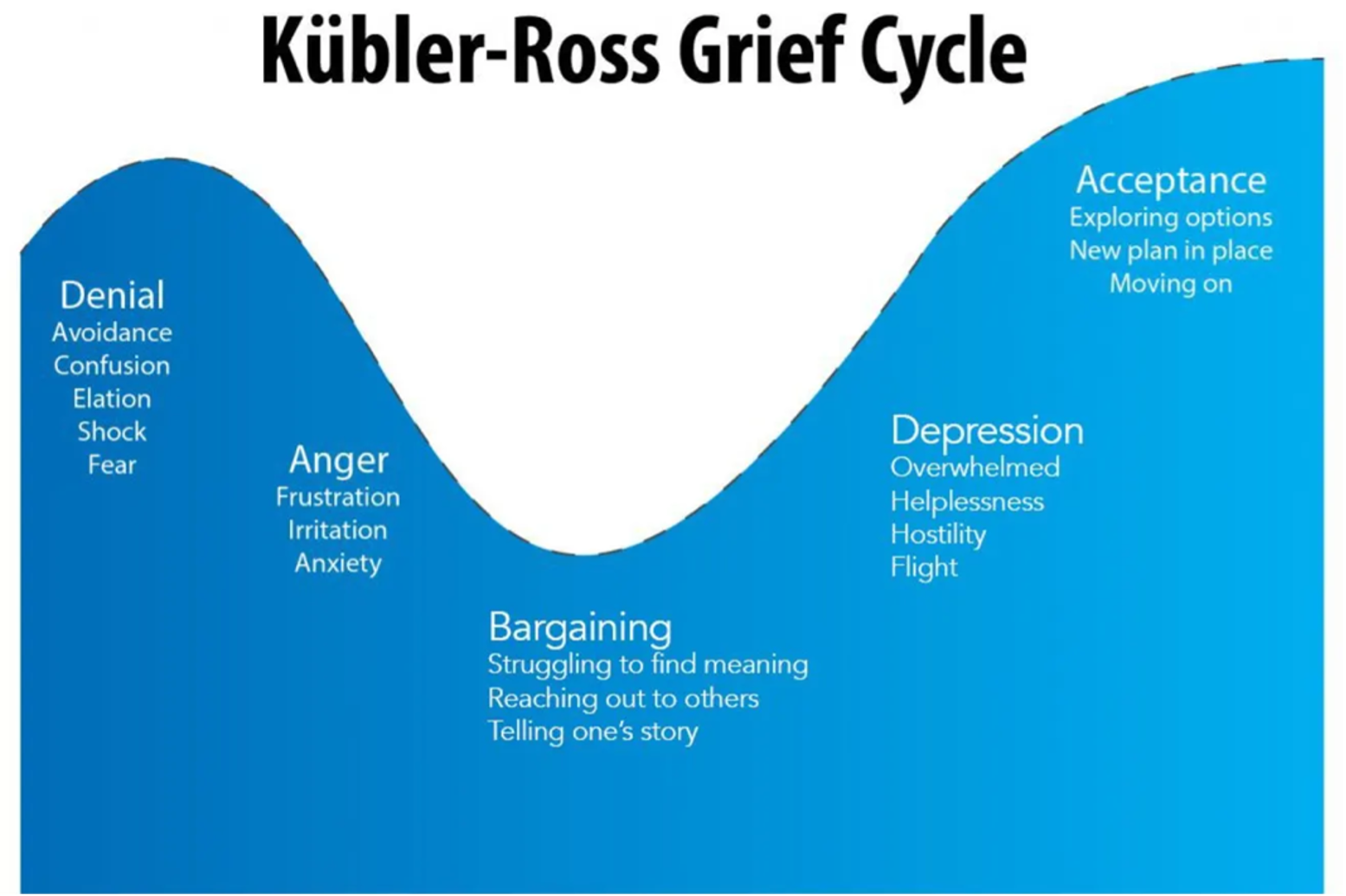What I Learned From a Short Contract: How to Avoid Early Exit in Your Next Role
Recently, I finished a contract much earlier than expected. It was meant to last three months, but ended in less than one. At first, I felt disappointed and frustrated — I worked hard, contributed ideas, and tried to add value. But looking back, I can see there were lessons in how I approached the role, the team, and the dynamics.
If you’ve ever had a contract cut short, you’ll know the sinking feeling: Could I have done things differently? The truth is, yes — and those lessons can be invaluable for the next opportunity. Here are the big takeaways I’m carrying forward.
1. Get Clarity Before You Act
When you’re new, it’s tempting to jump straight into action. But if expectations aren’t clear, you’ll always feel like you’re running in two directions. One moment, speed is prioritized. The next, flawless standards.
What to do instead:
Ask for a clear 30-60-90 day plan.
Align on the top three priorities.
Establish how and when progress will be reviewed.
2. Build Process First, Ideas Later
Companies often say they want fast innovation, but in reality, they crave reliability. I offered new approaches early, but what they needed was steady execution they could depend on.
What to do instead:
Focus first on consistent, repeatable outputs.
Build templates, checklists, and onboarding docs.
Introduce new ideas gradually, once trust is earned.
3. Secure an Ally, Not Just a Presence
I tried to contribute across the whole team, but didn’t create a strong one-on-one champion who would advocate for me.
What to do instead:
Identify the key decision-maker who can extend your contract.
Schedule regular check-ins with them.
Get their buy-in on drafts or ideas before sharing with the wider group.
4. Stay Neutral in Office Politics
One of the hardest lessons: people will play politics. In my case, someone was outwardly friendly but undermined me behind the scenes. Getting drawn into that made things worse.
What to do instead:
Keep communications transparent and documented.
Stay professional and avoid gossip.
Focus on delivering, not defending.
5. Showcase Collaboration, Not Just Contribution
I worked hard, but sometimes my efforts came across as individual rather than team-driven.
What to do instead:
Highlight “we,” not “I,” when sharing results.
Credit colleagues openly.
Ask how you can support others, not just how they can support you.
6. Create a Sense of Belonging
Technical delivery matters, but so does cultural fit. I didn’t always step into the informal team moments, and that limited how integrated I seemed.
What to do instead:
Join in small celebrations, chats, or optional calls.
Congratulate others on wins.
Share small personal stories so people get to know you.
7. Reduce Risk Perception
In uncertain times, companies are more concerned with stability than disruption. Some of my ideas might have felt too big, too soon.
What to do instead:
Frame new ideas as “small, low-risk pilots.”
Show clear metrics for success.
Demonstrate consistency first, creativity second.
8. Anchor Feedback Loops Early
The toughest thing about short contracts is you often don’t know something’s wrong until it’s too late.
What to do instead:
Ask for a mid-point review.
Regularly check: “Is there anything I should adjust?”
Treat feedback as data, not as criticism.
Final Thoughts
Having a contract cut short isn’t a failure — it’s feedback. It taught me that success in a new role isn’t just about hard work or ideas. It’s about clarity, consistency, trust-building, and navigating dynamics with care.
Next time, I’ll begin with process and reliability, secure allies, and integrate into the culture before layering on creativity. And if you’ve been through a similar experience, I hope these lessons help you turn disappointment into preparation for the role that’s truly meant for you.

